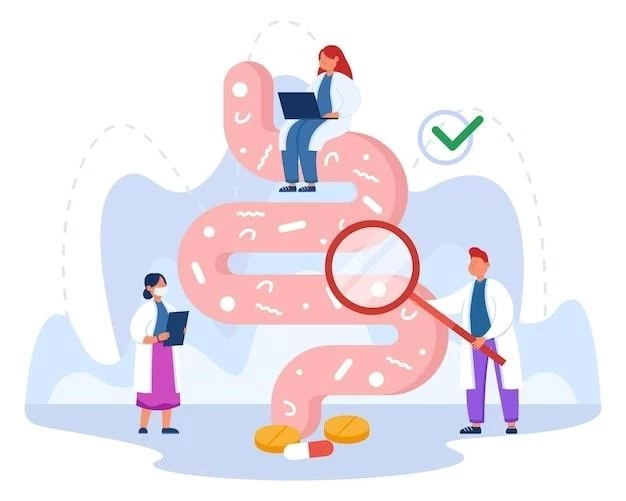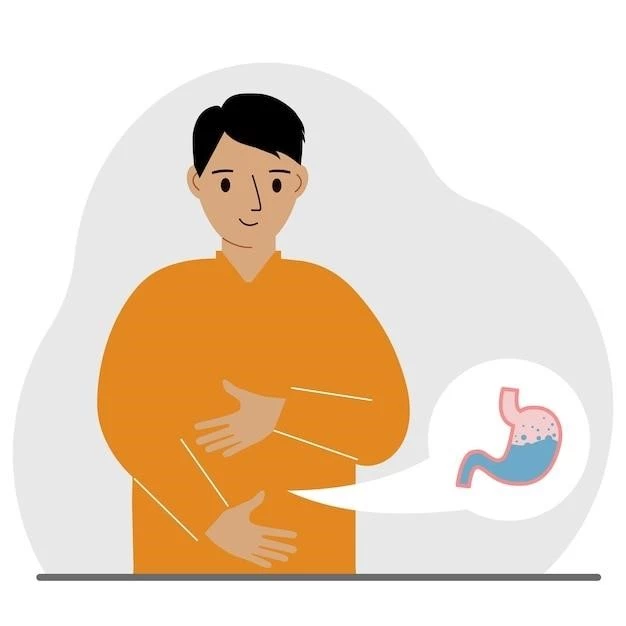Introduction to Small Intestinal Fungal Overgrowth
Small intestinal fungal overgrowth (SIFO) involves an excessive presence of fungi in the small intestine, leading to gastrointestinal symptoms like gas, bloating, pain, constipation, or diarrhea. Unlike SIBO, SIFO is gaining recognition for its impact on gut health.
Definition and Symptoms
Small intestinal fungal overgrowth (SIFO) is defined by the excessive presence of fungi in the small intestine, leading to gastrointestinal symptoms such as gas, bloating, abdominal pain, constipation, or diarrhea. Unlike small intestinal bacterial overgrowth (SIBO), SIFO is gaining recognition as a distinct condition affecting gut health.
Causes of Small Intestinal Fungal Overgrowth
Small Intestinal Fungal Overgrowth (SIFO) occurs due to the excessive presence of fungi in the small intestine, leading to gastrointestinal symptoms like gas, bloating, pain, constipation, or diarrhea. Unlike SIBO, SIFO is gaining recognition for its impact on gut health.
Comparison with Small Intestinal Bacterial Overgrowth (SIBO)
Small Intestinal Fungal Overgrowth (SIFO) is distinct from Small Intestinal Bacterial Overgrowth (SIBO) as it involves an excessive presence of fungi in the small intestine, leading to gastrointestinal symptoms. Unlike SIBO, SIFO requires specific treatment approaches due to the differences in microbial overgrowth.

Diagnosis and Detection Methods
Diagnosing Small Intestinal Fungal Overgrowth (SIFO) involves identifying excessive fungal presence in the small intestine through tests like blood tests, endoscopy, or culture of intestinal fluid. Treatment requires antifungal medications and lifestyle adjustments.
Common Diagnostic Techniques
Diagnosing Small Intestinal Fungal Overgrowth (SIFO) typically involves tests such as blood tests, endoscopy, or culturing intestinal fluid to detect the presence of excessive fungal organisms. Differentiating SIFO from other gut conditions like SIBO is crucial for appropriate treatment.
Treatment Options for Small Intestinal Fungal Overgrowth
Small Intestinal Fungal Overgrowth (SIFO) can be treated with antifungal medications and lifestyle changes to reduce the excessive presence of fungi in the small intestine, alleviating gastrointestinal symptoms.
Antifungal Medications and Lifestyle Changes
When addressing Small Intestinal Fungal Overgrowth (SIFO), treatment typically involves the use of antifungal medications to reduce fungal overgrowth in the small intestine. Additionally, lifestyle modifications are recommended to support the effectiveness of the treatment and promote overall gut health.
Preventive Measures for Small Intestinal Fungal Overgrowth
Implementing nutritional strategies and lifestyle adjustments are vital preventive measures to reduce the risk of Small Intestinal Fungal Overgrowth (SIFO) and support overall gut health.
Nutritional Strategies and Lifestyle Adjustments
When addressing Small Intestinal Fungal Overgrowth (SIFO), incorporating nutritional strategies like a low-sugar diet and lifestyle adjustments like stress management can help in managing the condition and supporting gastrointestinal health. Additionally, probiotics and prebiotics play a role in maintaining a healthy gut environment, which is crucial in preventing the overgrowth of fungi in the small intestine.

Research and Studies on Small Intestinal Fungal Overgrowth
Small Intestinal Fungal Overgrowth (SIFO) has gained attention for being linked to gastrointestinal symptoms like gas, bloating, and pain. Recent research highlights its impact on gut health and its association with common gut dysbiosis-related issues.
Recent Findings and Medical Community Response
Recent studies have highlighted the association between Small Intestinal Fungal Overgrowth (SIFO) and gastrointestinal symptoms, leading to increased recognition within the medical community. Research suggests that addressing fungal overgrowth in the small intestine may be crucial in managing conditions like Irritable Bowel Syndrome (IBS) and other gut-related issues.
Impact of Small Intestinal Fungal Overgrowth on Gut Health
Small Intestinal Fungal Overgrowth (SIFO) can significantly impact gut health, leading to various digestive symptoms. Recent studies highlight its association with gastrointestinal discomfort and its relevance in maintaining a healthy gut environment;
Relation to Digestive Disorders and Gut Dysbiosis
Small Intestinal Fungal Overgrowth (SIFO) is linked to various digestive disorders and gut dysbiosis, impacting gastrointestinal health. Studies highlight the association of fungal overgrowth with symptoms like gas, bloating, abdominal pain, and diarrhea, emphasizing the importance of maintaining a balanced gut microbiome.
